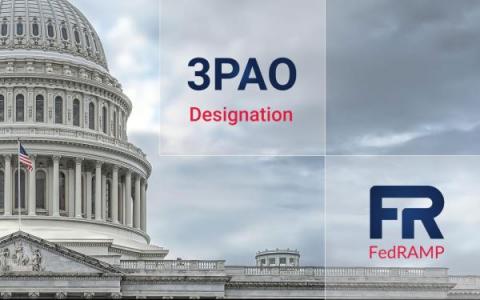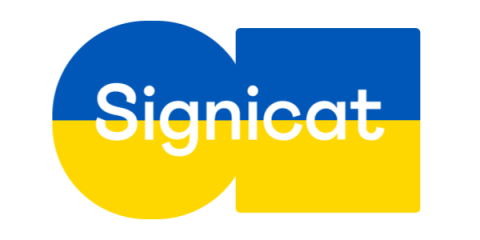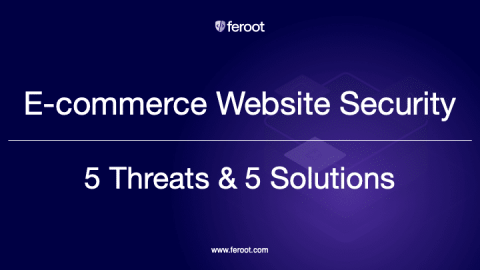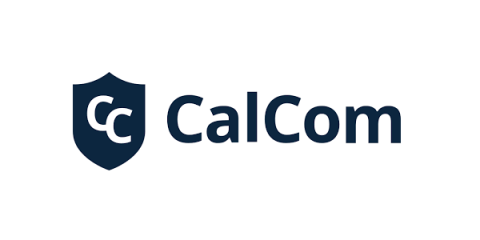Ignyte Assurance Platform Receives FedRAMP 3PAO Designation
Ignyte Platform Inc. is proud to announce that the Federal Risk and Authorization Management Program (FedRAMP) has recognized it as a designated third-party assessment organization (3PAO). This designation is over a year in the making after Ignyte announced in May of 2021 that it reached ISO 17020:2012 accreditation. FedRAMP is the United States Federal government’s way of ensuring the cloud-based products and services it uses are secure.











